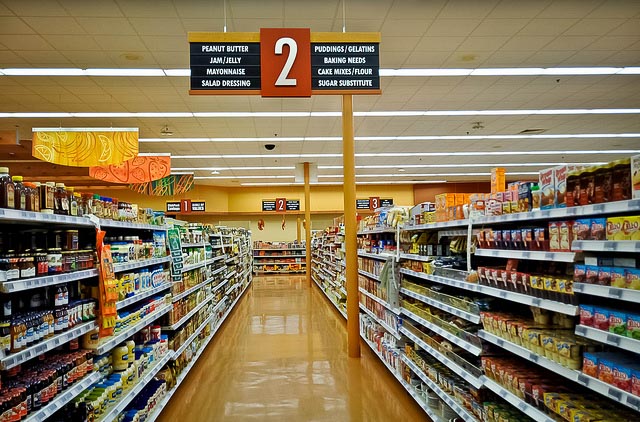When families go through financial strife, they may be eligible for government services that can help provide critical resources – including food – during those difficult periods.
But new research from the Kinder Institute suggests it’s especially important that families access that aid quickly, because if they don’t, behavioral problems may emerge in their children.
Rachel Kimbro, associate director of the Kinder Institute's Urban Health Program, published her findings in the November issue of the journal Health Affairs. Her study, based on information contained in a U.S. Department of Education database, tracks more than 6,000 students who were in kindergarten during the 2010-2011 school year.
She wanted to know what happens over the course of a year to students who initially didn’t have to worry about their food but became “food insecure” by first grade.
The stress of that transition didn’t have much of an impact on students’ academic performance, she found. But it was associated with a slew of behavioral problems that teachers documented.
Self-control, interpersonal skills, and “externalizing behaviors” like aggression all suffered as students lost food security, Kimbro said. Notably, that trend wasn’t found in students who lacked food security at both points in the study.
According to Kimbro, while being food insecure causes some types of challenges for students, it’s the period of time when students become food insecure that’s associated with significant behavioral impacts, perhaps due to the trauma of going through that change. “There’s something different about changing good security status,” Kimbro said.
For policymakers, Kimbro says the study offers two takeaways.
First, work needs to be done to ensure aid like food stamps can be quickly delivered to families that need it. If that happens, then maybe some of the behavioral effects associated with a transition to food insecurity can be prevented.
“Most of our poverty policy doesn’t do a very god job targeting families at the particular time they need help,” Kimbro said. “Let’s say a dad loses his job, and right away, the family needs food. They’ll have to go through the process of applying for food stamps, assembling documents, and getting to the office at the right time of day. It takes a long time to get aid.”
She gave high marks to the Houston Food Bank’s “Backpack Buddy” program, which provides children in need with a backpack full of food they can take home on the weekend.
Second, she said, the findings underscore the need for schools to try to understand why some students may be showing behavioral changes. Those changes may be a signal about those students’ struggles at home.
“Schools and teachers are on the front lines and could be trained to identify some of these signs from kids that they may be experiencing food insecurity issues at home,” Kimbro said.
There’s a relatively short window – only 6 to 9 months – for intervention to try to prevent the behavioral effects, Kimbro said. That means time is of the essence if leaders went to head off these problems.
“Food insecurity is not just another issue that poor families face,” Kimbro wrote in her paper. “Instead, it is a fundamental and multidimensional obstacle to the healthy development of children.”

